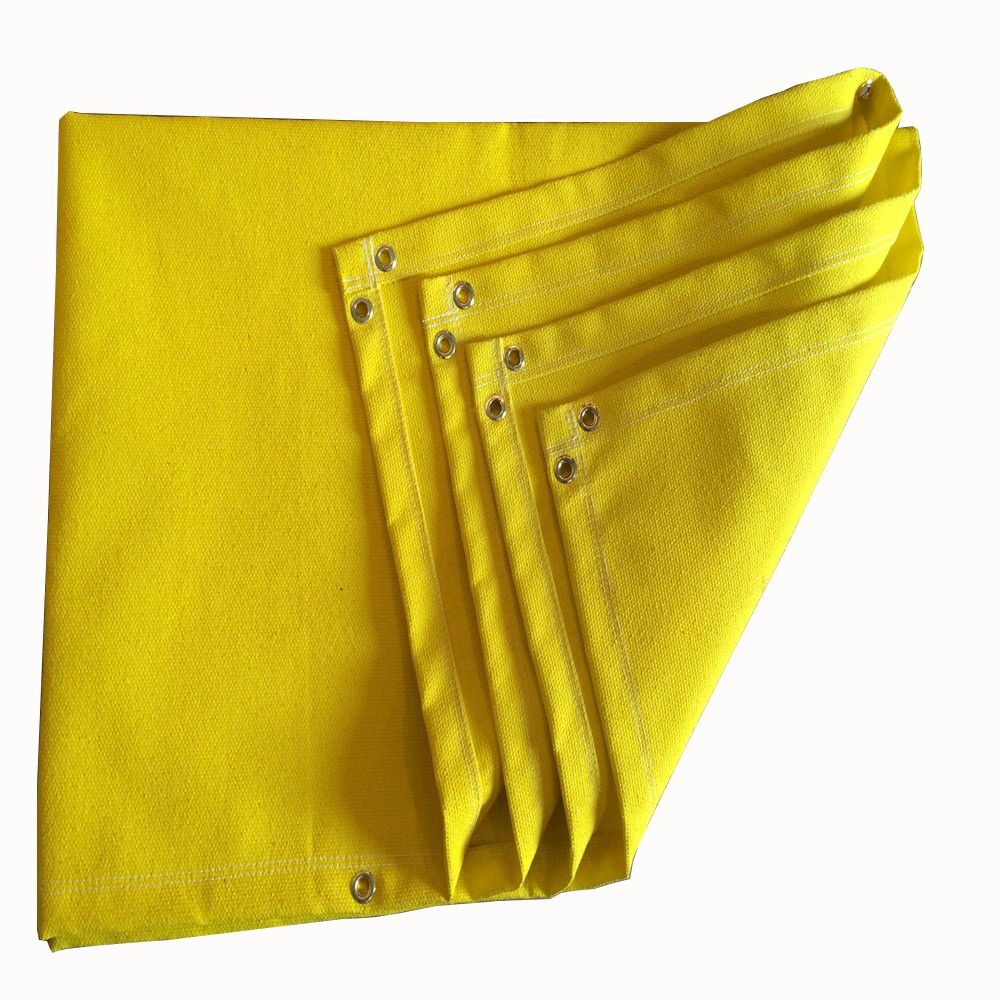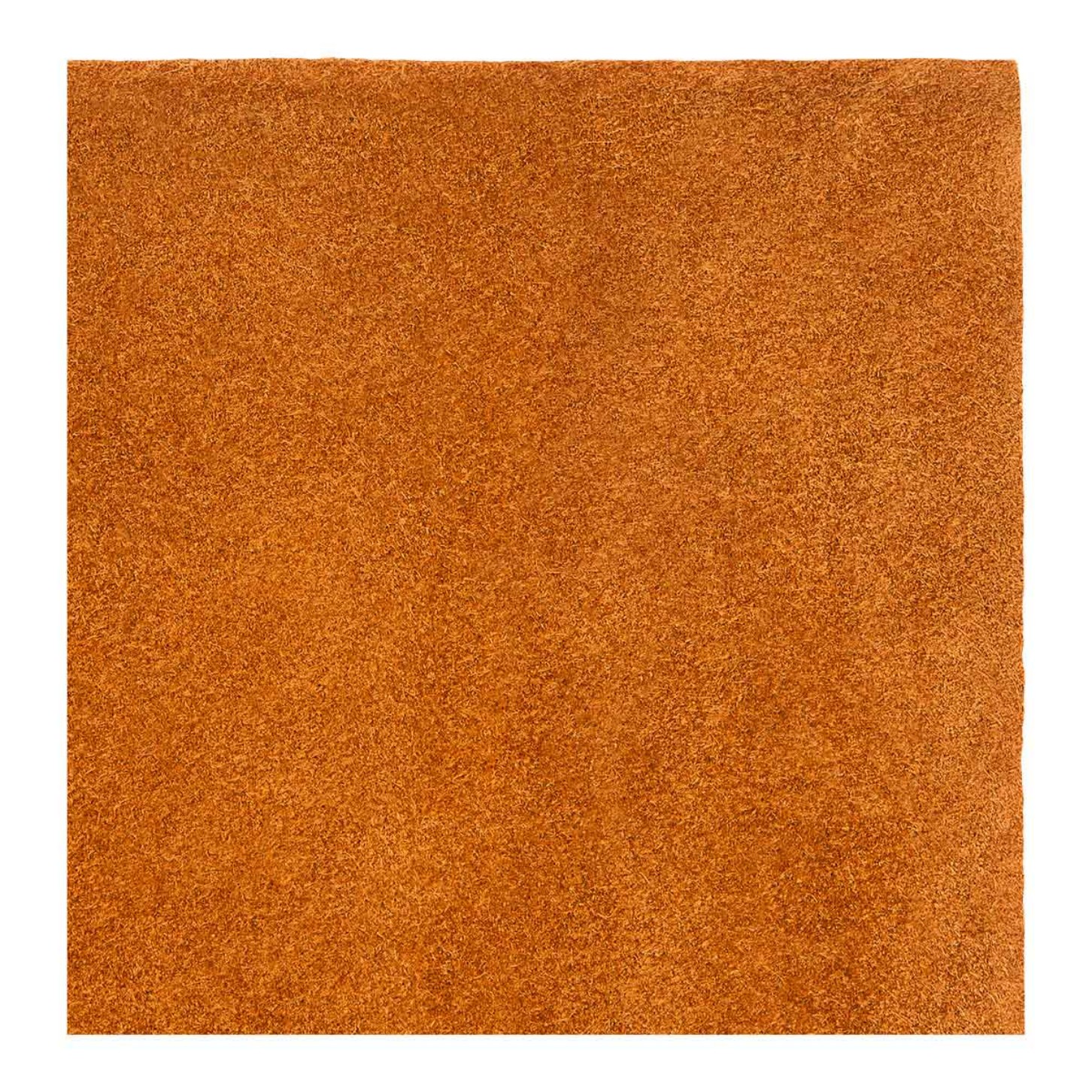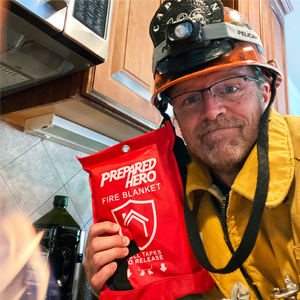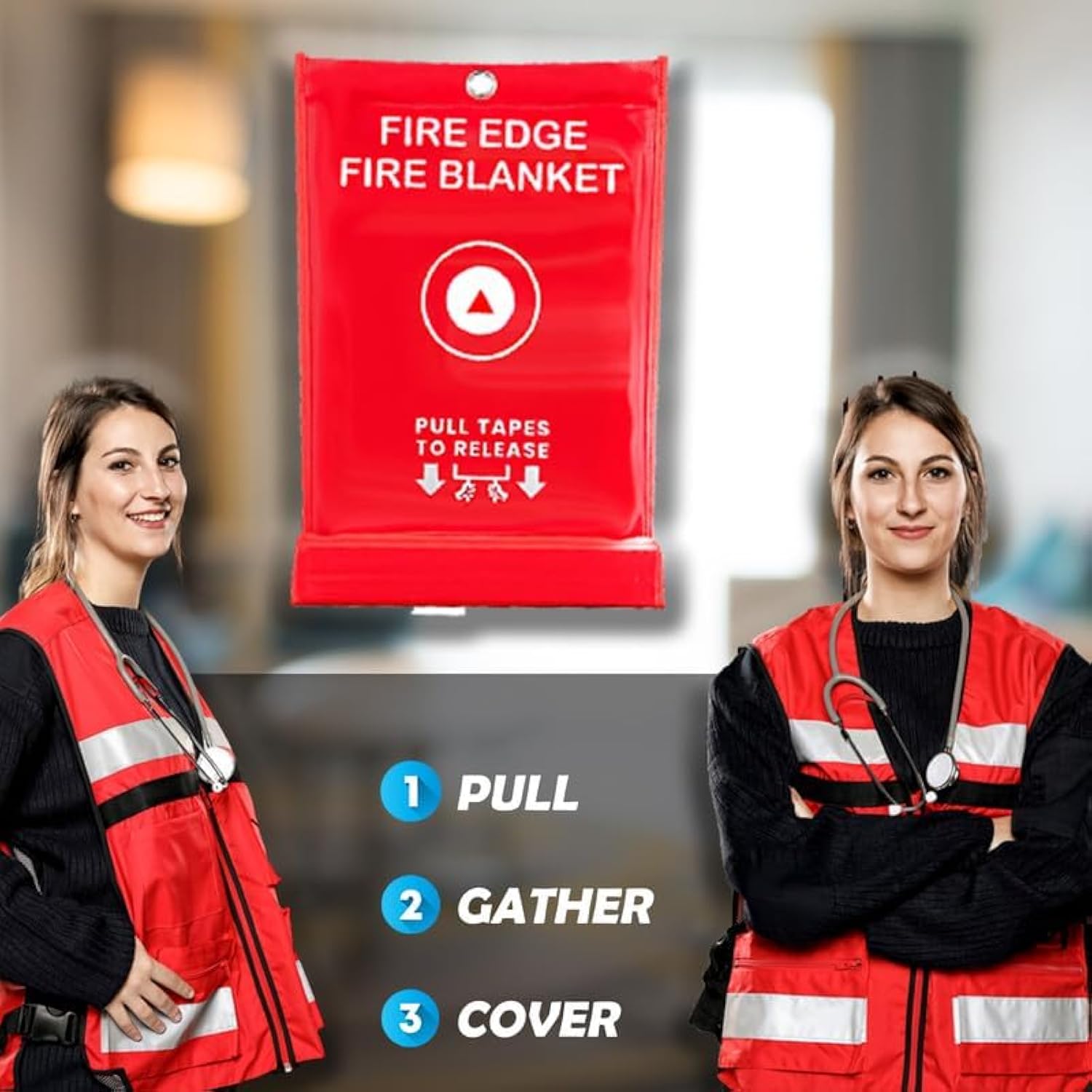Waterproof Welding Blankets: Essential Protection for Metalwork Safety
Summary:Waterproof welding blankets protect surfaces from sparks, heat, and molten metal during welding projects. This guide explains their materials, uses, benefits, and how to choose the right one for your needs.
What Is a Waterproof Welding Blanket?
When you're welding, cutting, or grinding metal, sparks and molten debris can damage surrounding areas. A waterproof welding blanket acts as a protective barrier. Unlike regular welding blankets, the waterproof version resists liquids while maintaining heat resistance up to 1,800°F (982°C).
Key Features and Materials
Quality waterproof welding blankets combine fiberglass with silicone or other waterproof coatings. This dual-layer construction gives you:
- Spark and slag protection
- Water and chemical resistance
- High-temperature tolerance
- Durability against abrasion
Where You Need Waterproof Welding Blankets
These specialized blankets prove essential in:
- Marine applications:Protect boat decks from welding splatter
- Outdoor work:Shield surfaces in rainy conditions
- Chemical plants:Resist corrosive liquid spills
- Food processing:Meet hygiene requirements
Choosing the Right Blanket
Consider these factors when selecting your waterproof welding blanket:
- Size:Measure your work area - common sizes range from 3'x3' to 12'x12'
- Temperature rating:Match to your welding process (MIG/TIG/stick)
- Coating type:Silicone offers best waterproofing
- Edge treatment:Grommets allow secure fastening
Proper Use and Maintenance
To maximize your waterproof welding blanket's lifespan:
- Inspect for damage before each use
- Secure edges with weights or fasteners
- Clean with mild soap and water - no harsh chemicals
- Store flat or rolled - never folded
Remember that while waterproof, these blankets aren't submersible. They resist splashes and spills but shouldn't be used underwater.
Safety Advantages Over Regular Blankets
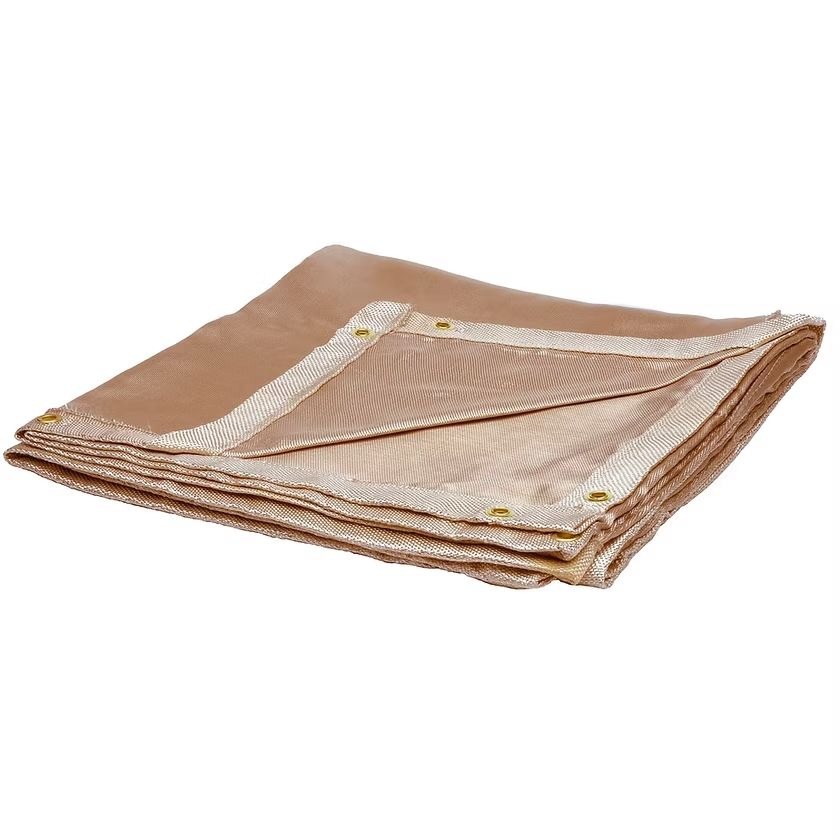
The waterproof feature adds critical safety benefits:
- Prevents steam explosions when hot metal contacts wet surfaces
- Reduces slip hazards from liquid accumulation
- Maintains protection in damp environments
- Allows easier cleanup of liquid spills
Common Misconceptions
Many welders mistakenly believe:
- "All welding blankets are waterproof" - Most standard blankets absorb liquids
- "Thicker always means better" - Proper coating matters more than thickness
- "One size fits all" - Different jobs require specific sizes and ratings
Cost vs. Value Analysis
While waterproof welding blankets cost 20-30% more than standard versions, they offer:
- Longer service life (3-5 years with proper care)
- Reduced replacement costs
- Lower liability risks
- Versatility across more job types
Final Recommendations
For professional welders working in variable conditions, investing in a quality waterproof welding blanket pays dividends in safety and performance. Look for reputable brands that clearly specify waterproof capabilities and temperature ratings. Always match the blanket to your specific welding applications rather than opting for generic solutions.


